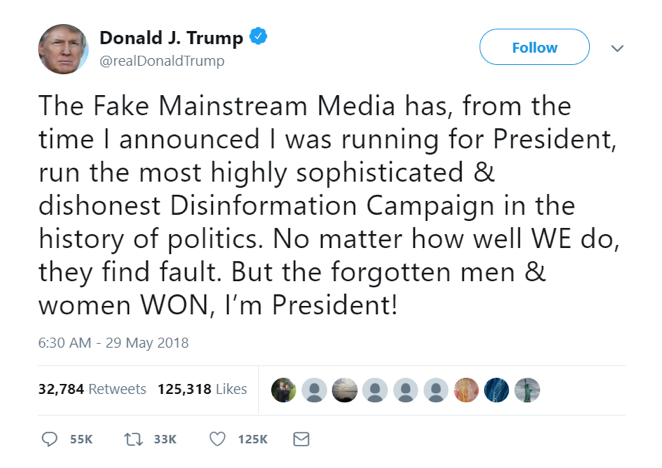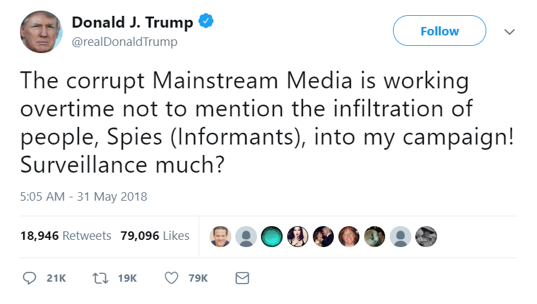US - #WeeklyAddress May 28-June 3: Lawsuit challenging warrantless border searches allowed to proceed
Below are the most notable incidents regarding threats to press freedom in the US during the week of May 28-June 3:
Lawsuit challenging warrantless border searches allowed to proceed
A Massachusetts federal judge rejected a request from the Department of Homeland Security, Customs and Border Protection, and Immigration and Customs Enforcement to dismiss a lawsuit filed against them challenging the constitutionality of warrantless border searches, according to a May 30 report from the Reporters Committee for Freedom of the Press (RCFP). The lawsuit, which the Electronic Frontier Foundation (EFF) and the American Civil Liberties Union (ACLU) filed, started after two journalists, an editor, and eight other citizens had their electronic property seized at the border in September 2017. The current policy holds that any border officer can search an electronic device at the border regardless of warrant or reasonable suspicion. RCFP and Columbia University’s Knight First Amendment Institute in February argued that such suspicion-less searches violate the First Amendment and can have a chilling effect on journalistic activities. They also argued that journalists are especially vulnerable to such searches because their work can be critical of the government. Parties will present more detailed arguments to the court in the coming months.
Trump refers to mainstream media as dishonest again

In a tweet later that week, Trump accused the “corrupt” media of not covering surveillance of his campaign while running for president.

Trump’s disparaging tweets against the press are incredibly common. As recently as May 26, Trump took a stab at the use of unnamed sources—a common reporting practice to protect source confidentiality—whom he called “made up,” and on May 9 suggested revoking press credentials for “negative (Fake)” reporting.
Reality Winner, accused whistleblower, completes one year of pre-trial detention
June 3 marked one year since the arrest of former National Security Agency (NSA) contractor Reality Winner, who has been charged with leaking classified documents showing interference in the 2016 presidential election to a media outlet. Winner, the first whistleblower to be indicted under the Espionage Act during the Trump administration, was denied bail four times and has been jailed pending trial in Augusta, Georgia, since her arrest. She has pleaded not guilty. If convicted, she could face up to ten years in prison. One other whistleblower has been charged under the Espionage Act in the Trump administration: former FBI agent Terry Albury, who pleaded guilty on April 17, 2018.
The United States ranks 45th out of 180 countries in RSF's 2018 World Press Freedom Index after falling 2 places in the last year.
For the latest updates, follow RSF on twitter @RSF_en.



